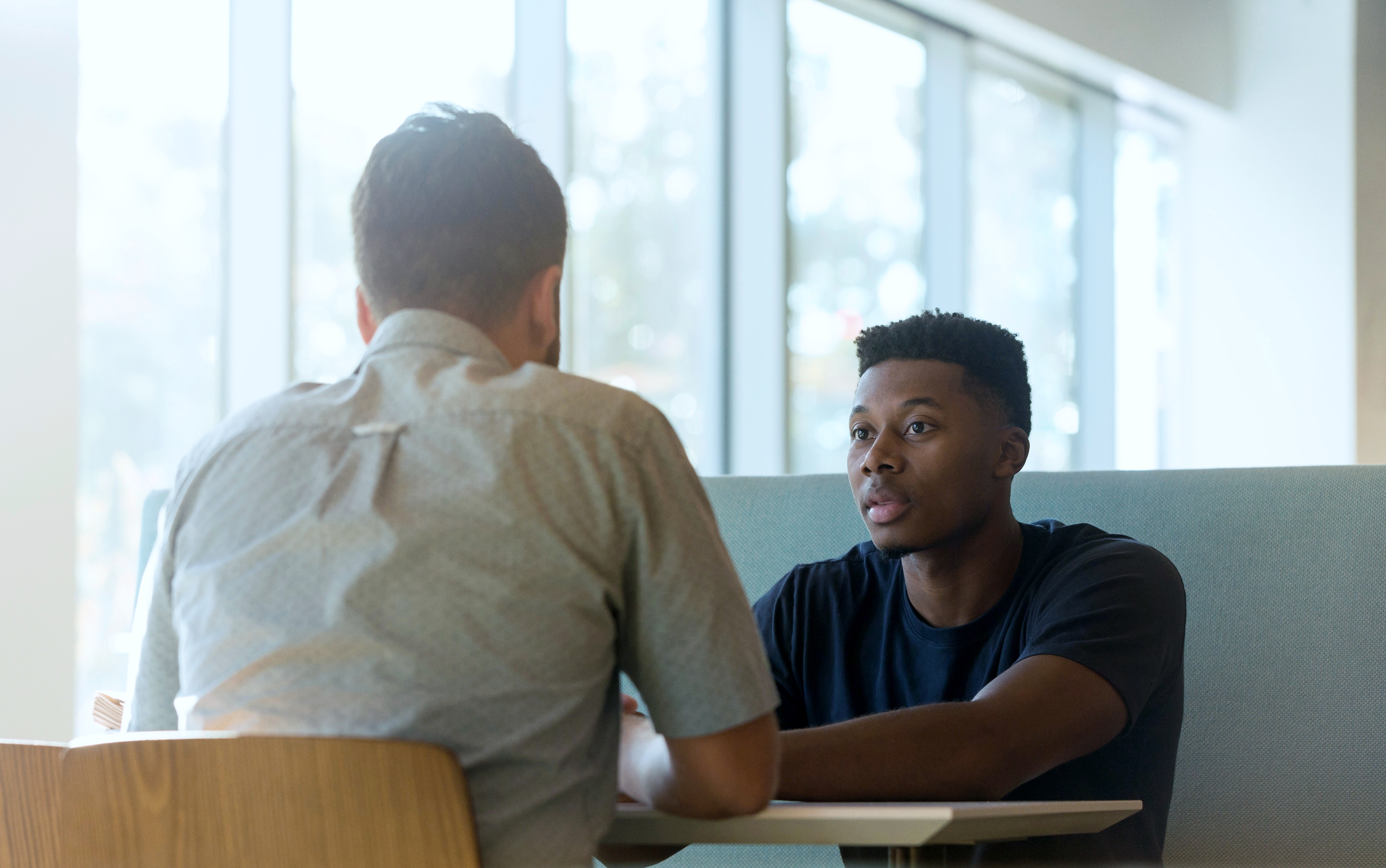Mental Health First Aid

While it is important to know Cardiopulmonary resuscitation, the reality is that you are more likely to encounter someone who is experiencing a mental health crisis than a physical emergency. The National Council for Behavioral Health notes that each year, one in four Americans will suffer from a mental illness or addiction.
Just like an automatic defibrillator can save someone who has collapsed from sudden cardiac arrest, making a personal connection with an individual, who may have no one else to talk to, and suggesting that he or she seek professional help (and perhaps even placing the call yourself) is essential.
By learning the risk factors and warning signs of mental health problems, you will be prepared if a friend, acquaintance, classmate/coworker or loved one experiences a crisis. Mental Health First Aid courses teach a five step Action Plan, known by the mnemonic ALGEE: (1) Assess risk of harm or suicide, (2) Listen nonjudgmentally, (3) Give reassurance and information, (4) Encourage appropriate professional help and (5) Encourage self-help and other support strategies.
Knowing what mental health resources are available in your community will allow you to offer information to individuals you encounter who need them. Mental Health First Aid courses also offer useful tips, such as having open body posture and making comfortable eye contact to demonstrate that you are able to listen nonjudgmentally to others.
Perhaps most importantly Mental Health First Aid addresses recovery and resiliency, including the belief that individuals can and do get better and are able to use their personal strengths to stay well. To attend the 8-hour course, which is offered in two different versions for Adults and Youth and uses role-playing and simulations to teach practical skills and provide an overview of common treatments, register at https://www.fairfaxcounty.gov/hscode/ereg/Registration.aspx?groupID=47. #BeTheDifference